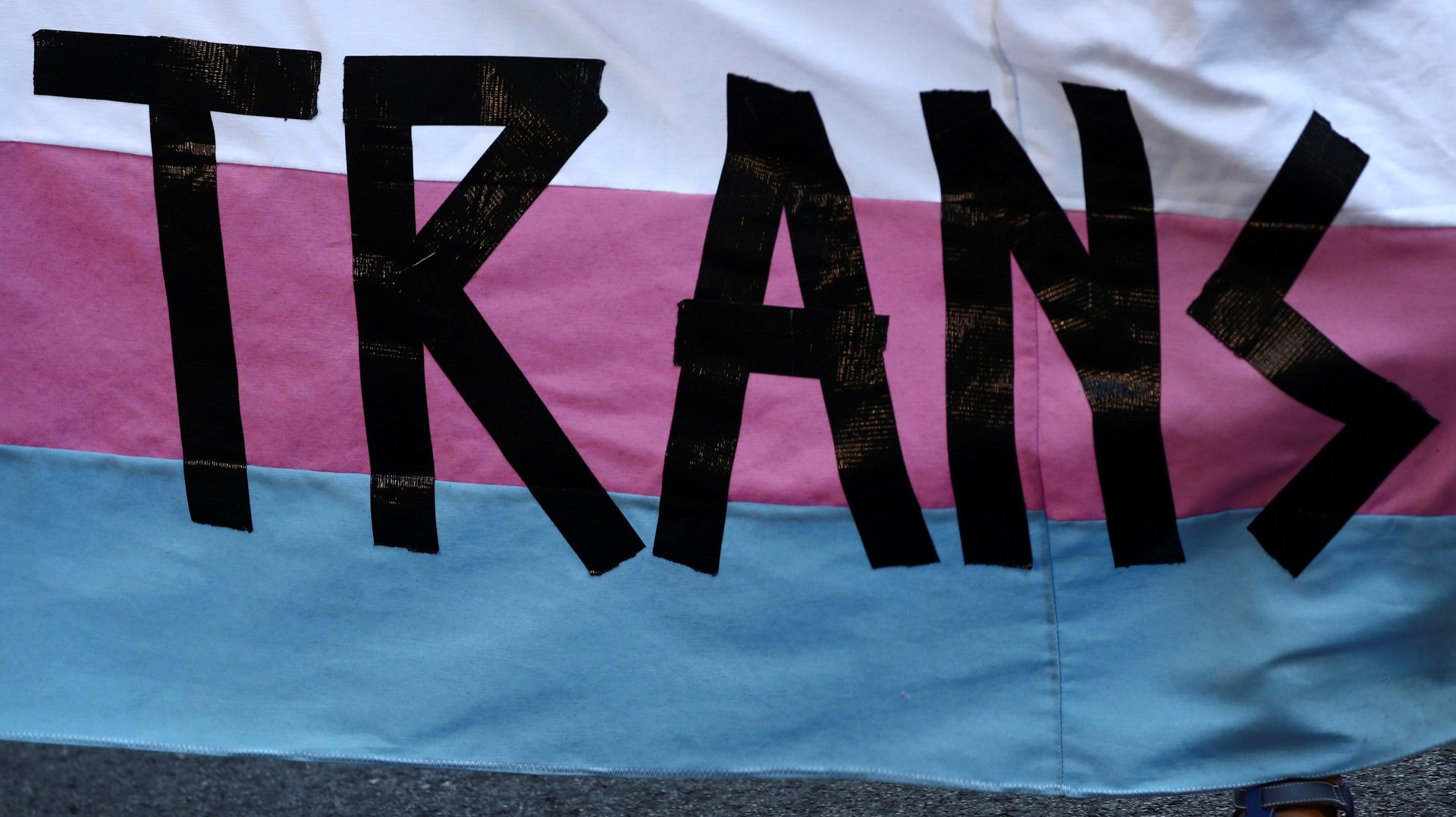The WHO says gender-affirming care is essential to transgender health
The world's highest health authority also says official documents should contain options for gender nonconforming people

Transgender rights are among the least protected or recognized in the world. Only a handful of countries (pdf) have laws that recognize a person’s gender based on self-determination, and include official legal options for gender nonconforming people.
At least 13 countries officially criminalize transgender people, and 37 more do so in a de facto manner, not through laws that specifically outlaw transgender people, but by targeting them with charges of other crimes, such as violation of public order, or decency. Fewer than 100 countries have any official provision to allow people to officially change genders, according to the Trans Legal Mapping Report compiled by the International Lesbian, Gay, Bisexual, Trans and Intersex Association. Out of those, a mere 25 don’t make it excessively burdensome.
The public health progress in supporting transgender and gender-nonconforming people has been slow, too. The World Health Organization (WHO) only dropped being transgender from its list of mental disorders in 2019, and a limited number of countries have guidelines that match the WHO framework. Most recently, conservative organizations in the US have heightened their attacks against transgender people, and several states have implemented or are considering implementing laws preventing minors from accessing gender-affirming care.
Yet the latest WHO guidelines for the health of transgender people are clear: Gender-affirming care is a fundamental part of guaranteeing the health of gender-diverse people.
Access to healthcare for transgender and gender-diverse people
The guidelines are part of the directives on HIV, viral hepatitis, and other STIs focused on particularly vulnerable communities: men who have sex with men, sex workers, people who inject drugs, and people in prisons and other closed settings—and trans and gender-diverse people. Their goal is to promote evidence-based healthcare and universal health coverage for all people, irrespective of gender identity or health conditions.
But in an article published on Oct. 12 in the Journal of the International AIDS Society, the authors of the WHO guidelines break down what the they mean beyond the control of infections disease. In the article, the authors note that the WHO has included “gender incongruence” in its diagnostic toolkit not to pathologize gender dysphoria, but with the intent of ensuring that gender-diverse people have access to dedicated health resources, with specific attention to gender affirming care, such as hormonal treatments and surgery.
The guidelines, write the authors, stress “the importance of national programmes establishing and providing gender-affirming care or effective linkage and referral to services which can provide such care.” Concurrently, they highlight the importance of financial support for such intervention, within the United Nations commitment to universal healthcare access.
Further, the guidelines underscore the importance of recognizing transgender identity in official documents, both as a source of mental wellbeing and as a way to access dedicated care.
So far, only 15 countries—Argentina, Austria, Australia, Canada, Colombia, Denmark, Germany, Iceland, India, Ireland, Malta, the Netherlands, New Zealand, Pakistan, and Nepal—allow people to identify as third gender or transgender in official identifications or documents .
